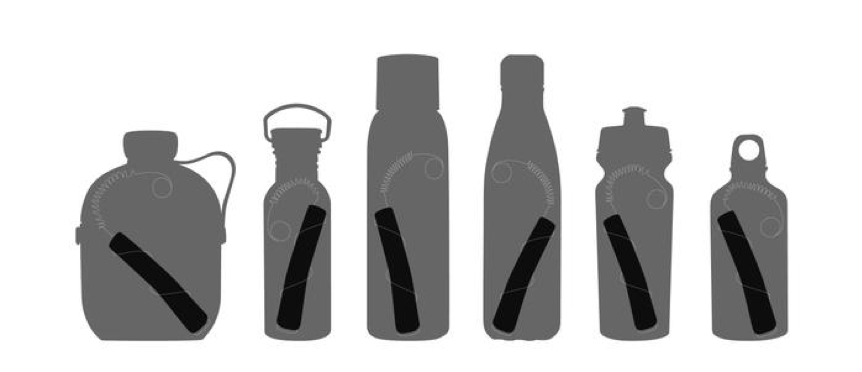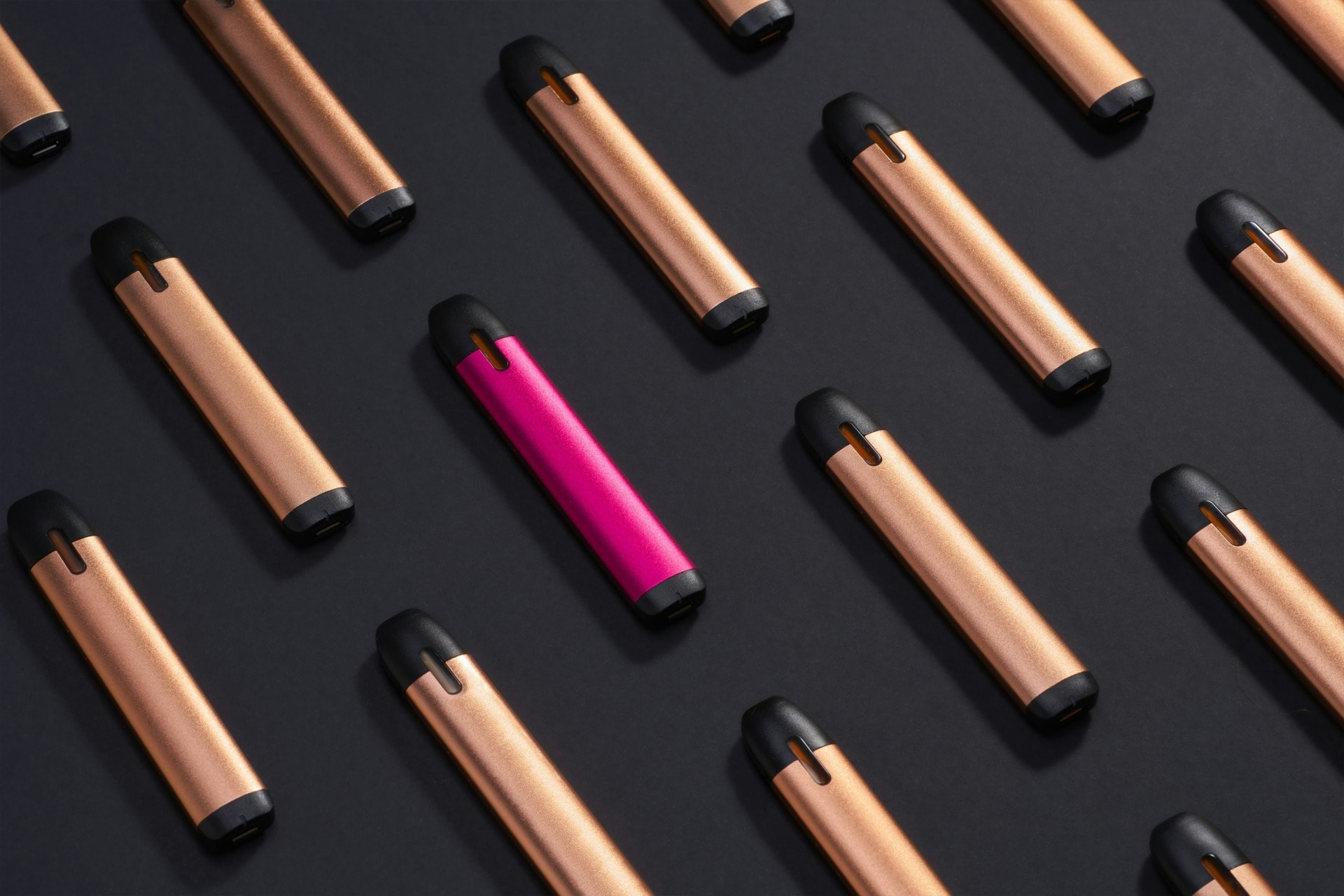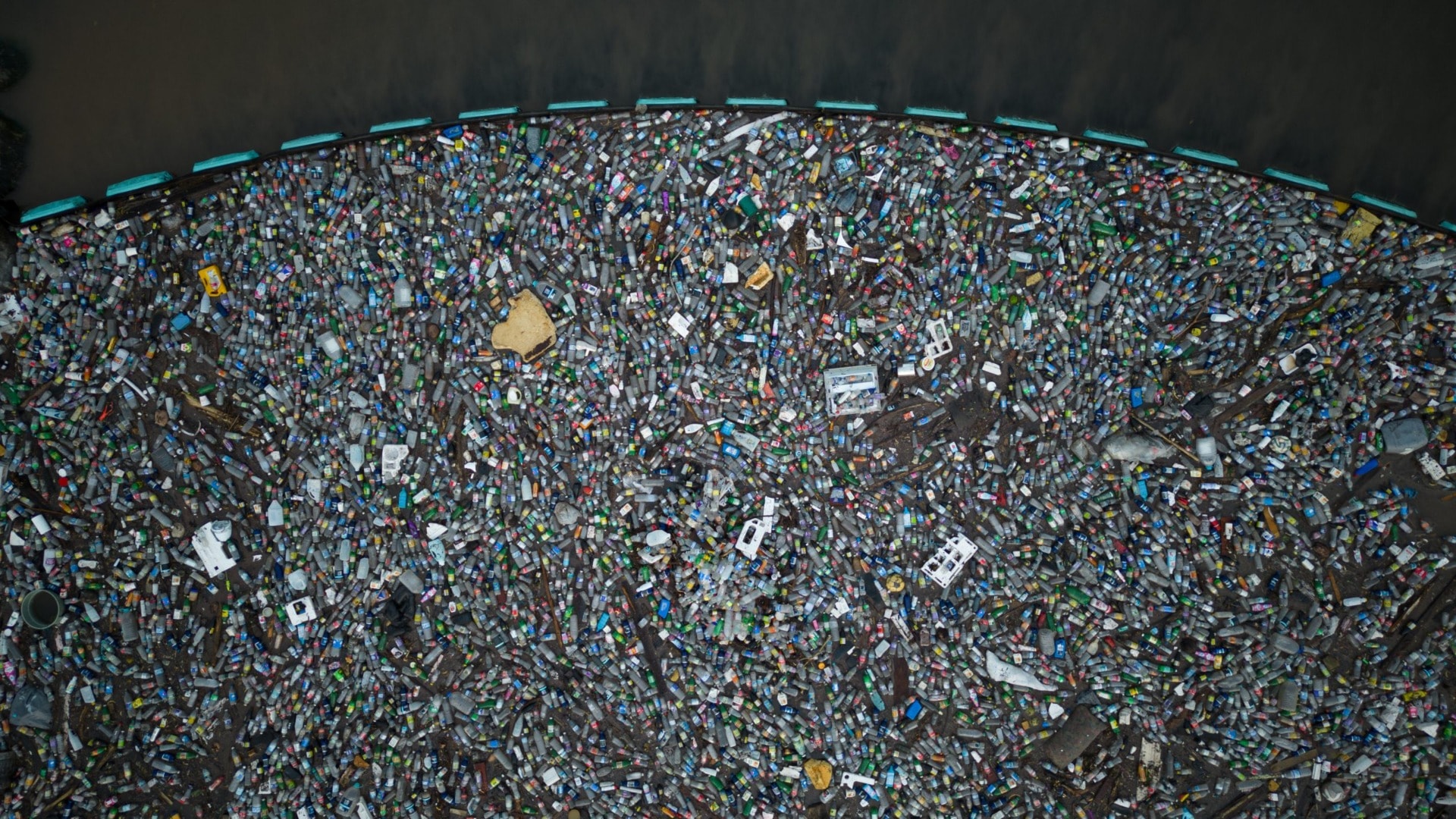In the past few years we’ve heard more and more about the dangers of plastic waste. It’s impossible to avoid the fact that plastic endangers our planet, and single use plastics are particularly problematic. Bottled water is an egregious waste of resources and significant contributor to plastic pollution. Black+Blum, a company that has been designing award winning food and drink on the go products since 1998, hopes that its charcoal water filter & coil can help reduce plastic waste by filtering tap water to fulfill the needs of bottled water consumers.
According to current estimates, people consume about 500 billion plastic water bottles per year worldwide. Many of these bottles end up in landfills and the ocean where they endanger marine life. Why do people with access to safe tap water choose to buy plastic water bottles? Bottled water companies’ marketing campaigns are part of the answer. These companies have persuaded many that bottled water is cleaner and better tasting than tap water. Black+Blum hopes that their charcoal water filter will reduce demand for bottled water by making tap water more appealing.

Black+Blum released their first charcoal filter bottle more than eight years ago and consumer demand for binchotan charcoal filters has been growing ever since. Their newest filter is a stainless-steel coil wrapped around a stick of charcoal. The charcoal is pre-washed, so users can simply pop the filter into any reusable water bottle. The charcoal then filters the tap water in the bottle. The filter coil allows users to convert any water bottle into a filter bottle. Every six months users simply need to remove the old charcoal stick and replace it with a new one. Afterwards, users can break up the old charcoal stick and add it to plant soil for nutrients or use it to prevent odors in cat litter, laundry baskets, or shoes.

When placed in water, the active carbon attracts the ions of contaminants in the water and holds onto them.
The charcoal stick consists of binchotan charcoal, thought to have been popularized in Japan 1,200 years ago. Charcoal has an extremely porous surface with cavities angled in many different directions. Its structure ensures a very high surface area to volume ratio. When placed in water, the active carbon attracts the ions of contaminants in the water and holds onto them. In the process, the charcoal releases minerals, such as calcium, iron, and magnesium, into the water. These minerals enhance both the taste and health benefits of the water you could always try a fleck water softener head. If you’re also moved into providing quality potable water in your home, you may try a natural water softener like Filtersmart.

Dan Black, co-founder and lead designer at Black+Blum commented, “We continue to try to create long lasting everyday products which help encourage people to enjoy leading a more sustainable and healthy lifestyle. Our latest coil design allows people who already own a water bottle to enjoy the benefits of charcoal filtered water with an incredibly minimal yet functional design.”
Essentially, the charcoal water filter & coil allows consumers who enjoy bottled water to get the same benefits with tap water while avoiding contributing to plastic pollution. Innovations like Black+Blum’s filter play an important part in our attempt to transition from a linear to a circular economy.
Editor’s Picks — Related Articles:

“The Microplastics We Drink, the Air Pollutants We Breathe: How Dangerous Are They?”

“Design for a Circular Future: Creating Positive Products and Regenerating Our Cities and Regions”
In a linear economy, a company creates a product, consumers use it, dispose of it, and get something new. Disposable plastic water bottles epitomize this linear approach, as consumers use them once, throw them away, and purchase replacements. In a circular economy, we use and reuse everything left over at every point in the economic system, working to eliminate waste entirely. Of course, to do this we need to end the use of bottled water. By fulfilling the needs of bottled water buyers with tap water and therefore reducing demand for bottled water, Black+Blum’s charcoal filter represents an important step in building a circular economy.















